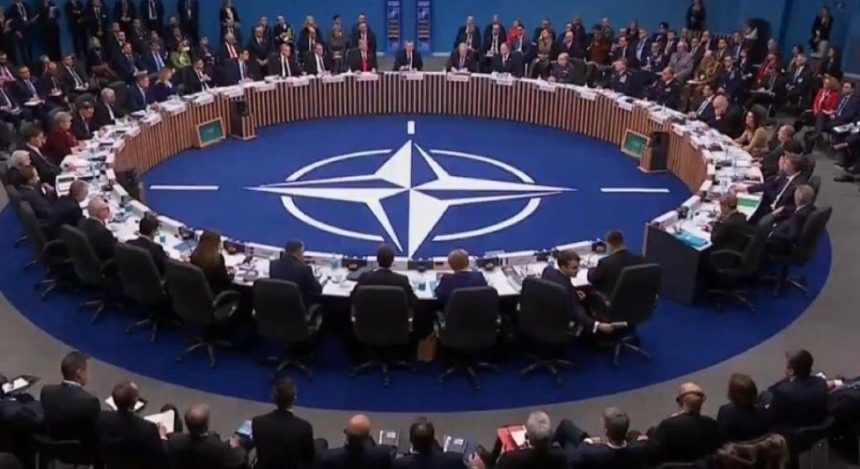Poland Appeals to NATO for Article 4 After Russian Drone Breach
Poland has formally requested the activation of NATO Article 4 after Russian drones violated its airspace in the early hours of 9 – 10 September.
Prime Minister Donald Tusk verified the request during an administrative address in the Sejm, pressing the escalation in pressures along the border and the need for collaborative discussion among NATO allies.
“This is a success for the Polish armed forces and NATO,” Tusk said, “shooting down drones that threatened our security… which also changes the political situation.
Poland just invoked article 4 of NATO after the Russian drone incursion this evening, Russia just opened a new war front with NATO @KremlinRussia_E @mfa_russia @MedvedevRussiaE @Alex_Oloyede2 @aleksbrz11 pic.twitter.com/1bK8bwrlQM
— Hugo Moreira (@HfcmoreiraHugo) September 10, 2025
In this regard, consultations among allies have taken on an official request to activate Article 4 of the North Atlantic Treaty.”
The move marks a significant step, signalling that Poland is taking a coordinated protective approach with its mates in the face of increased military provocations.
Composition 4 allows NATO members to convene conversations when one country perceives a threat to its security.
President Karol Nawrocki verified that at 630 a.m., Poland’s National Security Bureau convened an exigency session.
The docket concentrated on how to respond and whether NATO’s Composition 4 should be invoked.
“During this meeting, we discussed the possibility of applying Article 4 of the North Atlantic Treaty. This discussion also raised the issue of the need to strengthen Poland’s counter-drone defenses,” Nawrocki stated.
The session underscored the soberness of the drone irruptions and the implicit pitfalls to both mercenary areas and critical infrastructure.
The drone infiltration follows a broader Russian air descent launched against Ukraine on the same night.
Explosions were reported across multiple regions, including Lviv, Kyiv, Khmelnytskyi, and Ivano-Frankivsk. Strikes reportedly hit artificial installations in the Vinnytsia region, while casualties were verified in Zhytomyr and Khmelnytskyi.
In Poland, hostile drones crossed the border, egging immediate military action. Tusk confirmed that Polish forces engaged the drones with live fire and shot them down.
NATO Secretary General Jens Stoltenberg was briefed on the incident, marking the first confirmed case of Russian aerial objects being neutralised within Polish territory.
Despite no additional security restrictions being imposed by Warsaw, reports confirmed minor damage in eastern Poland.
One Russian drone reportedly struck a residential building’s roof and a car in Wyryki-Wola, Lublin Voivodeship. Fragments from other drones were also recovered in nearby settlements.
The situation has sparked concerns over Poland’s readiness to defend against drone warfare. Strengthening air defence and surveillance measures now ranks high on the national security agenda.
With the sanctioned request for NATO Article 4 now on the table, member countries will meditate on the way forward.
Composition 4, distinct from the further list Composition 5, allows for consultations and coordinated responses without automatically driving military action.
Still, the fact that Poland has invoked this provision reflects the growing pressure on NATO to address security pitfalls posed by drone incursions and mongrel warfare tactics.
As pressures rise, this development underscores NATO’s collaborative responsibility and the evolving nature of ultramodern pitfalls, where airspace breaches, cyber attacks, and unconventional styles test alliances’ adaptability.






